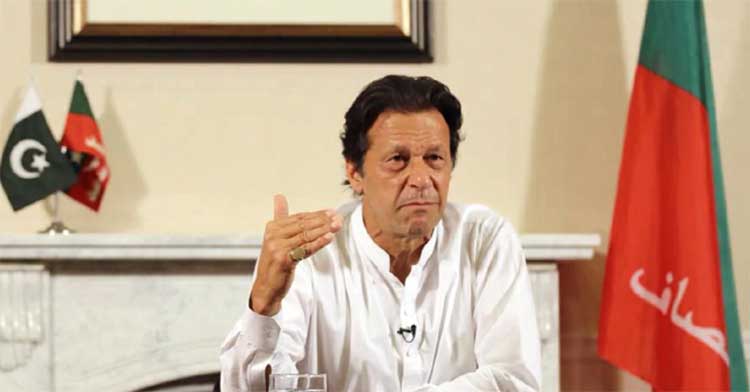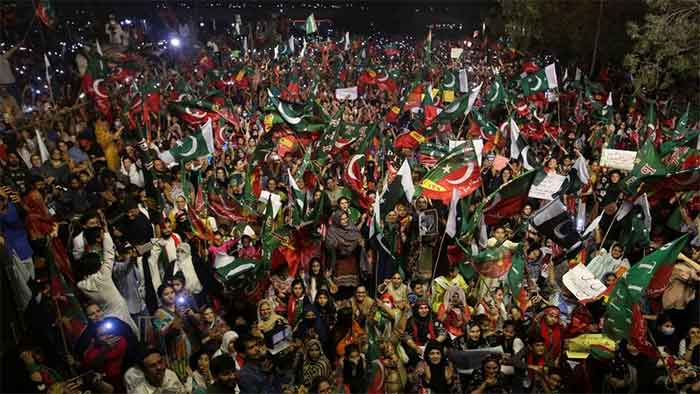
Pakistan has a new prime minister. A remarkable man: a remarkable history-making career in cricket leading to numerous awards and records; a remarkable politician, mocked when he started, who after a 22-year struggle has reached the pinnacle of power.
Bringing home the 1992 World Cup as captain of the Pakistan cricket team made him a national hero. His achievements in the sport have led to him being called one of the best all-rounders in the sport and the finest fast bowler cricket has ever seen. He is one of only eight to have achieved the all-rounder’s triple, meaning over 3000 runs and 300 wickets in Test matches.
Still, he will need all the skill and tenacity he has displayed in his dual career to cope with Pakistan’s current political and fiscal problems. Although his PTI (Tehreek-e-Insaf) Justice Party did not secure an absolute majority, it has more seats than the previous two major dynastic parties run by the Sharif and Bhutto families. If he is able to diminish the influence of enormously wealthy landowners and corrupt industrialists and make a significant dent in the feudal society outside of urban areas, that itself would be a signal achievement. He has already made woeful inequality a cornerstone of his platform.
Whether his gradual shift over the years towards a more religious discourse (as when addressing the plight of the poor) takes the form of a Taliban-like anti-feminism is difficult to imagine despite the exaggerated fears of certain commentators whose bread and butter is feminism.
Were it true, his former wife and mother of his two sons, Jemima Goldsmith, who is a Contributing Editor of the established left-leaning New Statesman, would not be congratulating him publicly. They have cordial relations and mutual respect, and he often stays at her mother’s house when in England.
Campaign rhetoric as a guide to subsequent policy is notoriously unreliable. No matter, we will know soon enough. He has noted often that Pakistan has failed militarily with the Taliban, thus leaving dialogue and compromise to end the impasse. It also explains his attitude towards the US and its heavy-handed behavior with Pakistan. His call for self-sufficiency resonated in a country tired of repeated humiliation.
His stance on Kashmir is different for he chooses to focus not on the territorial issue but on human rights and better conditions for the population. Such pragmatism should find a sympathetic ear in Delhi and lead to better relations in the near term, with always the hope for a final solution based on some form of autonomy. His frequent mention of increased trade if implemented would form economic links and a meshing of interests to the benefit of the subcontinent as a whole — confidence building measures essential to trust and long-term peace.
Much of all this can become inconsequential very quickly if the Hindu nationalist movement takes greater hold in India, or religious extremism in Pakistan. Despite Imran Khan’s rhetoric, it is difficult to imagine him permitting the latter and its dire economic consequences.
In fact, the economy is the first job. Pakistan faces an economic crisis but not of the proportions of 2008 and 2013. There is a current account deficit and foreign exchange reserves depleting at over a billion dollars a month. Back to the IMF and an austerity plan to build up reserves …
Dr Arshad M Khan (http://ofthisandthat.org/index.html) is a former Professor based in the U.S. whose comments over several decades have appeared in a wide-ranging array of print and internet media. His work has been quoted in the U.S. Congress and published in the Congressional Record.















































